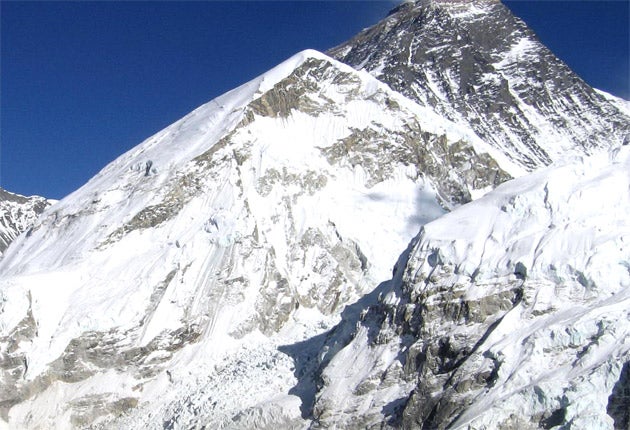Himalayan glacier melt overstated

The UN panel of climate scientists yesterday expressed regret for exaggerating how quickly Himalayan glaciers are melting in a report that wrongly projected that they could all vanish by 2035.
Leaders of the Intergovernmental Panel on Climate Change (IPCC) "regret the poor application of well-established... procedures in this instance", they said in a statement on the flaw in a paragraph of a 938-page scientific report. India and some climate researchers have criticised the IPCC in recent days for overstating the shrinking of Himalayan glaciers, whose seasonal thaw helps to supply water to nations that include China and India. A disappearance of the glaciers would badly disrupt flows in Asia that are vital for irrigation.
The offending paragraph stated: "Glaciers in the Himalaya are receding faster than in any other part of the world and, if the present rate continues, the likelihood of them disappearing by the year 2035 and perhaps sooner is very high if the Earth keeps warming at the current rate." On Monday, Jairam Ramesh, India's minister for the environment, said that "glaciers are receding, but the report that glaciers will vanish by 2035 is not based on an iota of scientific evidence".
The IPCC statement said that the 2035 projection was based on "poorly substantiated estimates of rate of recession" and that proper checks were not made.
They noted that the projection of a thaw by 2035 did not make it to the final summary for policymakers in its latest report, and said they were strongly committed to ensuring a high standard for the reports.
Join our commenting forum
Join thought-provoking conversations, follow other Independent readers and see their replies
Comments
Bookmark popover
Removed from bookmarks